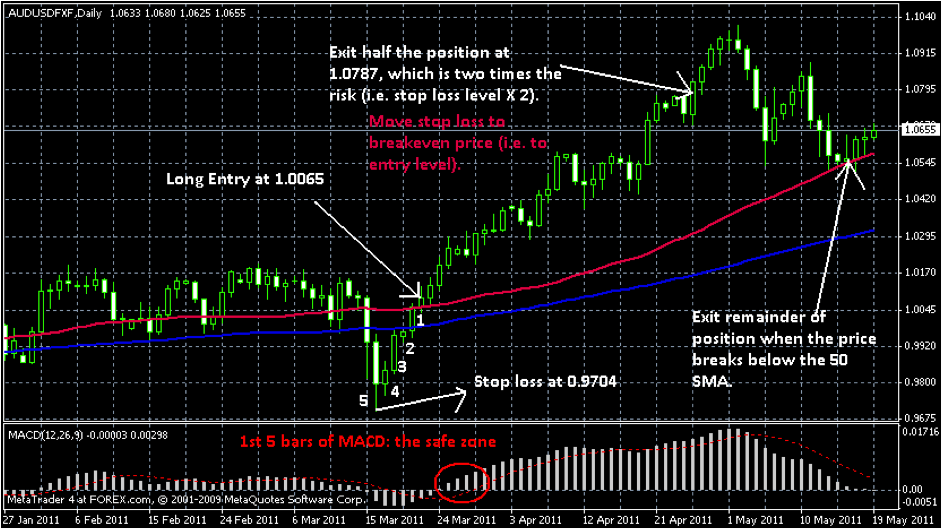In recent years, the landscape of binary options trading has been significantly reshaped by a series of regulatory changes. These adjustments are not merely administrative but have profound implications for the technology that powers this financial sector.
As regulators across the globe tighten their grips on binary options trading, technology providers and platforms are compelled to evolve, ensuring compliance while striving to offer competitive services. To see examples of the leading developments, you can check out these tools for binary trading: https://www.binaryoptions.com/tools/. In this article, we’ll explore how regulatory shifts are influencing binary options technology, highlighting the new challenges and opportunities.
Regulatory Changes: A Catalyst for Technological Advancements
The binary options market, once a freewheeling part of the financial world, has come under intense scrutiny. Various jurisdictions have introduced stringent regulations aimed at protecting investors from fraudulent schemes and ensuring market integrity.
For instance, the European Securities and Markets Authority (ESMA) imposed a ban on the sale of binary options to retail investors, a move echoed by other regulators worldwide, including the UK’s Financial Conduct Authority. These regulatory changes have served as a catalyst for significant technological advancements within the sector.
Enhancing Security Measures
One of the most immediate impacts of these regulatory changes is the heightened emphasis on security measures. Binary options trading platforms are now investing in sophisticated encryption technologies and secure trading environments to protect investors’ funds and personal information. This shift not only complies with regulatory demands but also rebuilds trust among traders, essential for the long-term sustainability of the industry.
Improved Transparency and Fairness
Regulatory mandates have also led to improved transparency and fairness in binary options trading. Technology is at the forefront of this transformation, with platforms integrating features that offer clearer transaction histories, real-time pricing, and more accurate risk disclosures. Such enhancements make it easier for traders to make informed decisions, aligning with regulators’ objectives to create a safer trading environment.
Adoption of RegTech Solutions
The complexity of complying with various international regulations has spurred the adoption of regulatory technology (RegTech) solutions. These innovative technologies assist binary options brokers in navigating the regulatory landscape efficiently. By leveraging artificial intelligence and machine learning, RegTech can automate compliance processes, monitor transactions for suspicious activities, and ensure that trading practices adhere to legal standards. This not only reduces the risk of non-compliance but also allows brokers to focus on improving their core services.
The Challenge of Balancing Innovation and Compliance
While regulatory changes have undeniably led to technological improvements, they also pose significant challenges. The primary concern is balancing innovation with compliance. As regulations become more stringent, the cost of compliance increases, potentially stifling innovation. Smaller platforms, in particular, may find it difficult to bear these costs, leading to a consolidation in the industry that could reduce competition.
Moreover, the global nature of binary options trading complicates regulatory compliance. Brokers and technology providers must navigate a labyrinth of regulations that vary significantly from one jurisdiction to another. This not only increases operational complexities but also necessitates a flexible technology infrastructure that can adapt to diverse regulatory requirements.
Opportunities Ahead
Despite these challenges, the evolving regulatory landscape offers numerous opportunities, including the following:
- It encourages the development of more sophisticated trading technologies that can provide traders with a competitive edge.
- The focus on compliance and security can enhance the industry’s reputation, attracting more institutional investors to the binary options market.
- The push towards greater transparency and fairness may open up new markets, as regulators become more confident in the industry’s ability to protect investors. This could lead to the lifting of bans in certain jurisdictions, expanding the potential customer base for binary options trading.
To Sum Up
The impact of regulatory changes on binary options trading technology is profound, driving significant advancements in security, transparency, and compliance. While these developments pose challenges, particularly in balancing innovation with compliance, they also present opportunities for growth and improvement. As the industry continues to navigate the evolving regulatory landscape, the adoption of advanced technologies will be crucial in shaping its future, ensuring that binary options trading remains a viable and competitive financial market.

 Join Daily Trust WhatsApp Community For Quick Access To News and Happenings Around You.
Join Daily Trust WhatsApp Community For Quick Access To News and Happenings Around You.


